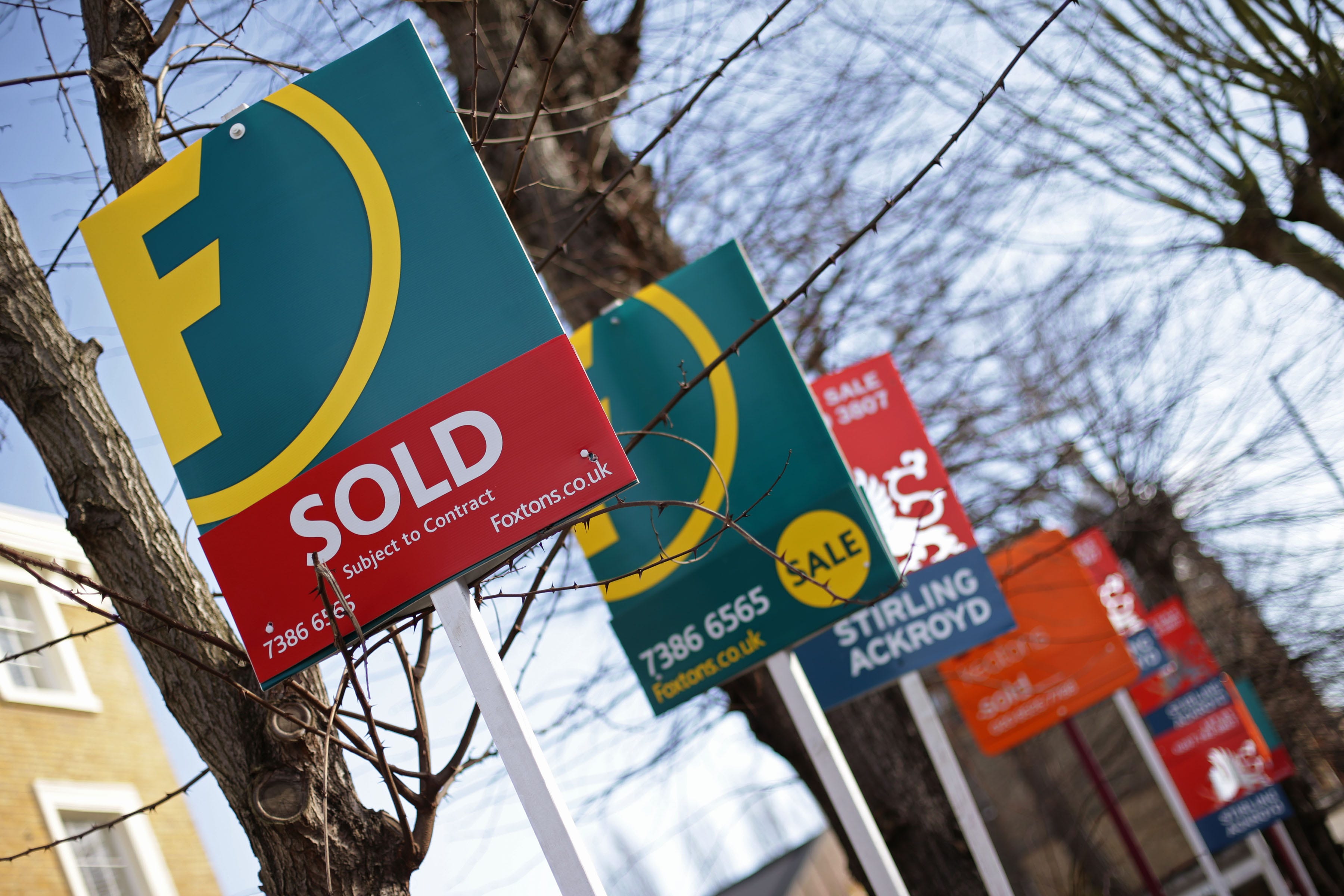Mapped: The most and least affordable places to rent or buy a home in UK, according to new index
Nearly 80 per cent of potential first-time buyers lack savings for deposit needed in their local area, Skipton Building Society analysis suggests

With house prices reported to be rising at their fastest rate since 2022, a new index has ranked the most and least affordable places to either rent or buy a home in the UK.
House prices have risen 2.1 per cent over the past year to hit an average of £266,334, figures from Britain’s third-largest mortgage lender Nationwide suggested this week.
It came as the Skipton Building Society published a new index seeking to help current or prospective homeowners identify the most affordable areas in the UK to rent or buy a property.

Using both Skipton’s and official data sources to examine factors such as buying power, income, deposits, bills and maintenance costs, the index rates south London as the most expensive place to find a home. The Highlands and Hebrides was judged to be the most affordable of the 40 areas analysed.
Highlighting the dire situation facing many in Britain, the research found only one in eight potential first-time buyers can afford to purchase the average first-time property in their area, with nearly 80 per cent having insufficient savings for the deposit needed to get onto the local property ladder.
The research suggests that nearly four in 10 renters spend 45 per cent or more of their income on essential housing costs, compounding their inability to save for a deposit.
While fewer than 1 per cent of those earning below £22,850 a year can afford to get onto the property ladder in their local area, it is estimated that still applies for more than half of those earning over £71,250 a year despite being in the top 25 per cent of earners.
Generally, London was the most unaffordable city in terms of both renting and buying properties, while Scotland was the most affordable.
You can see a map breaking down the rankings and affordability ratings out of 100 here:
According to the index, the most affordable areas overall for renters were in eastern Scotland, Gloucestershire, Wiltshire and Bath, while the least affordable were in London.
First-time buyers also fared best in east Scotland and the Highlands and Hebrides, with the worst prospects deemed to be in the West Midlands, south London, Herefordshire, Worcestershire and Warwickshire.
Prospective buyers with existing mortgages faced the best prospects in Northumberland and Tyne and Wear, Tees Valley and Durham, and the Highlands and Hebrides, with the least affordable areas deemed to be Surrey, Sussex, Kent, Hampshire and the Isle of Wight.
Posting 5 per cent profit growth to a total of £157m before tax in the first half of 2024, the Skipton Group – which encompasses the UK’s largest estate agency – said the number of properties placed on the market had risen 15 per cent compared to June 2023, with house viewings rising by the same percentage.
The group also said it saw no significant signs of landlords leaving the market and reported ending June with 24 per cent more properties available to rent than at the same time last year.
Here are the affordability rankings across 40 areas in Scotland, England and Wales, from least to most affordable:
1. Outer London – South
2. Inner London - East
3. Outer London – East and North East
4. Inner London – West
5. Outer London – West and North West
6. West Midlands
7. Devon
8. Essex
9. Cornwall and Isles of Scilly
10. Herefordshire, Worcestershire and Warwickshire
11. Shropshire and Staffordshire
12. Dorset and Somerset
13. Hampshire and Isle of Wight
14. Lincolnshire
15. Derbyshire and Nottinghamshire
16. North Yorkshire
17. Berkshire, Buckinghamshire and Oxfordshire
18. West Wales and the Valleys
19. Surrey, East and West Sussex
20. Leicestershire, Rutland and Northamptonshire
21. Kent
22. Merseyside
23. South Yorkshire
24. Gloucestershire, Wiltshire and Bath/Bristol
25. East Anglia
26. East Yorkshire and Northern Lincolnshire
27. Bedfordshire and Hertfordshire
28. West Yorkshire
29. Lancashire
30. Cumbria
31. East Wales
32. Cheshire
33. Southern Scotland
34. Greater Manchester
35. Northumberland and Tyne and Ware
36. Tees Valley and Durham
37. West Central Scotland
38. North Eastern Scotland
39. Eastern Scotland
40. Highlands and Islands
Join our commenting forum
Join thought-provoking conversations, follow other Independent readers and see their replies
Comments
Bookmark popover
Removed from bookmarks